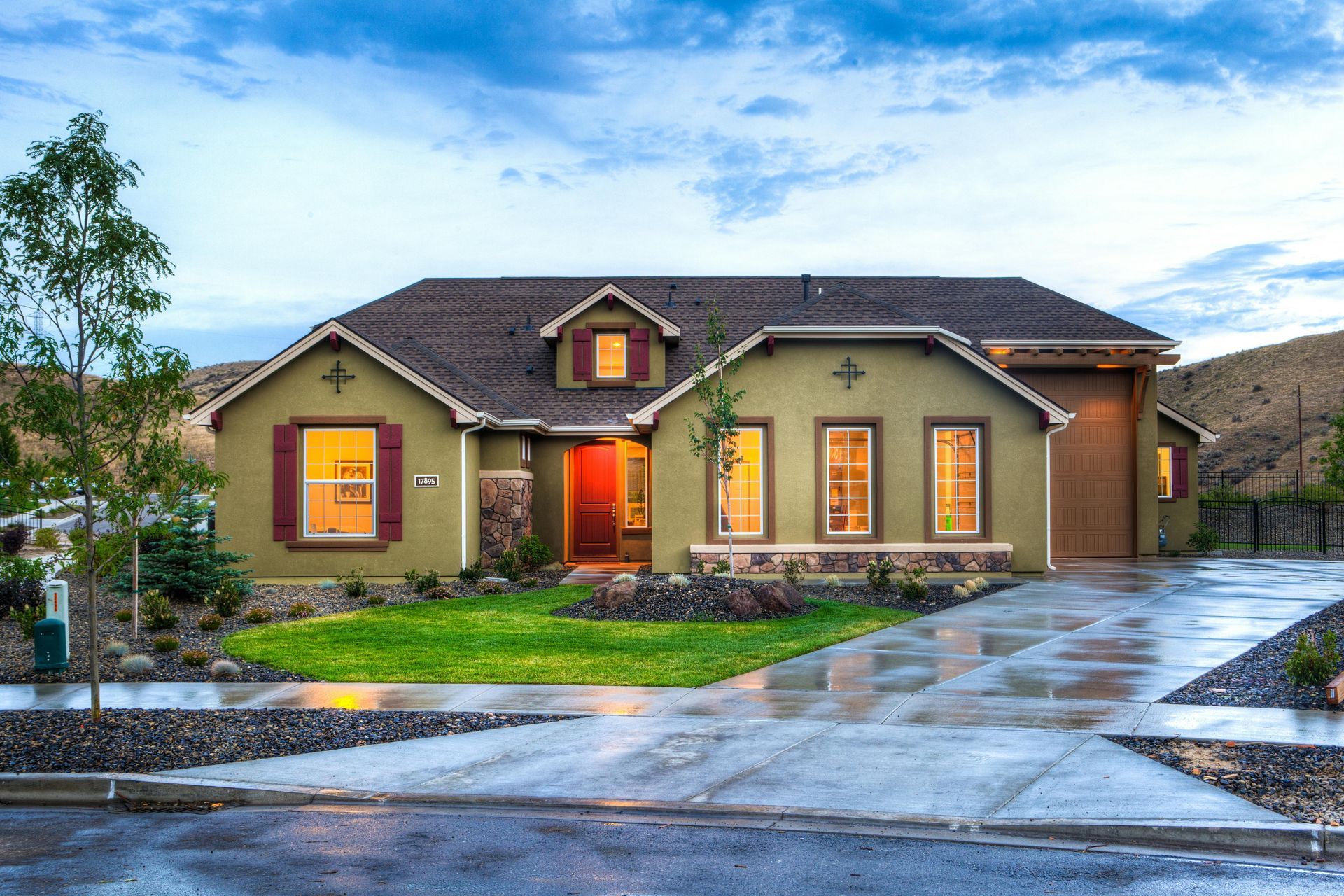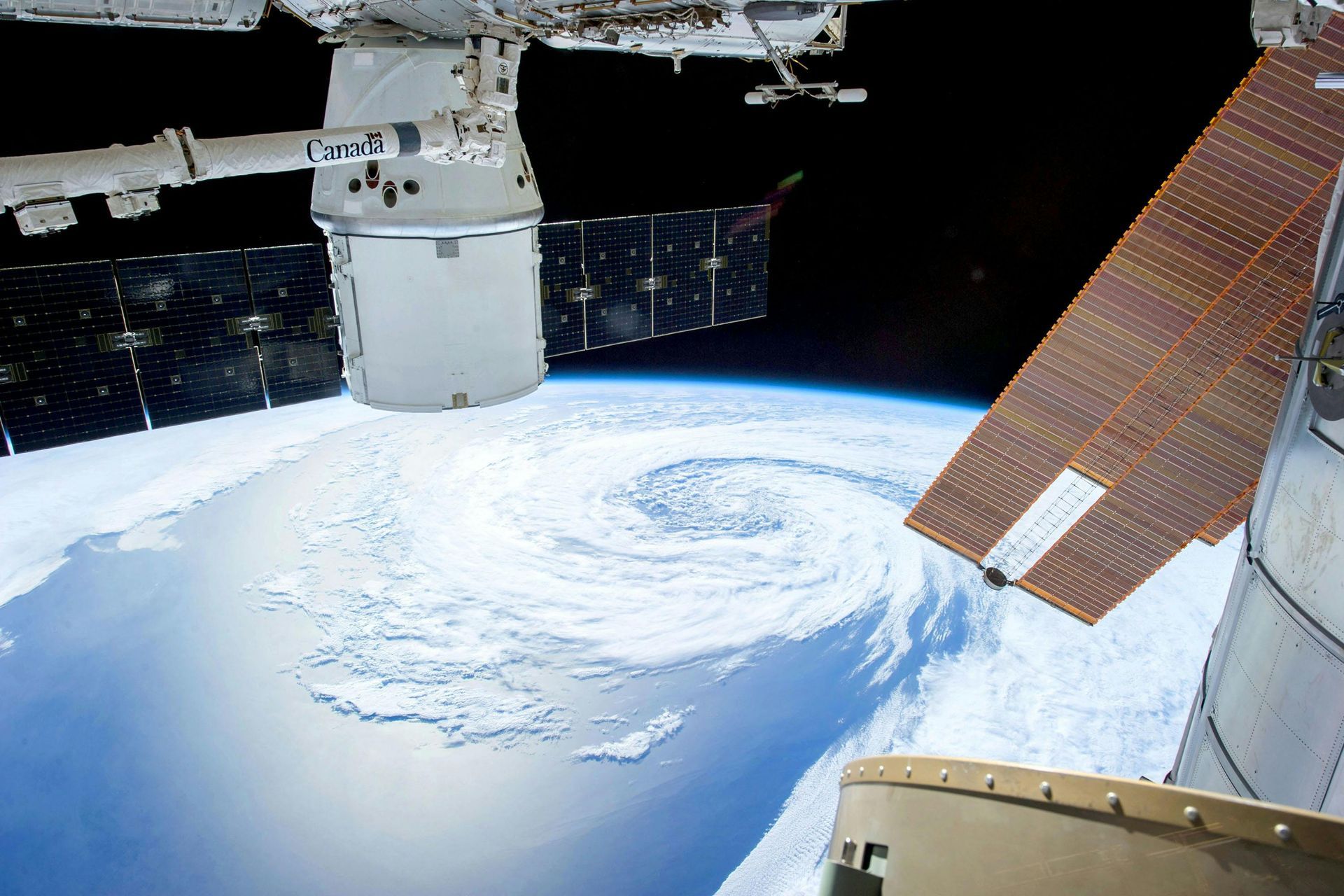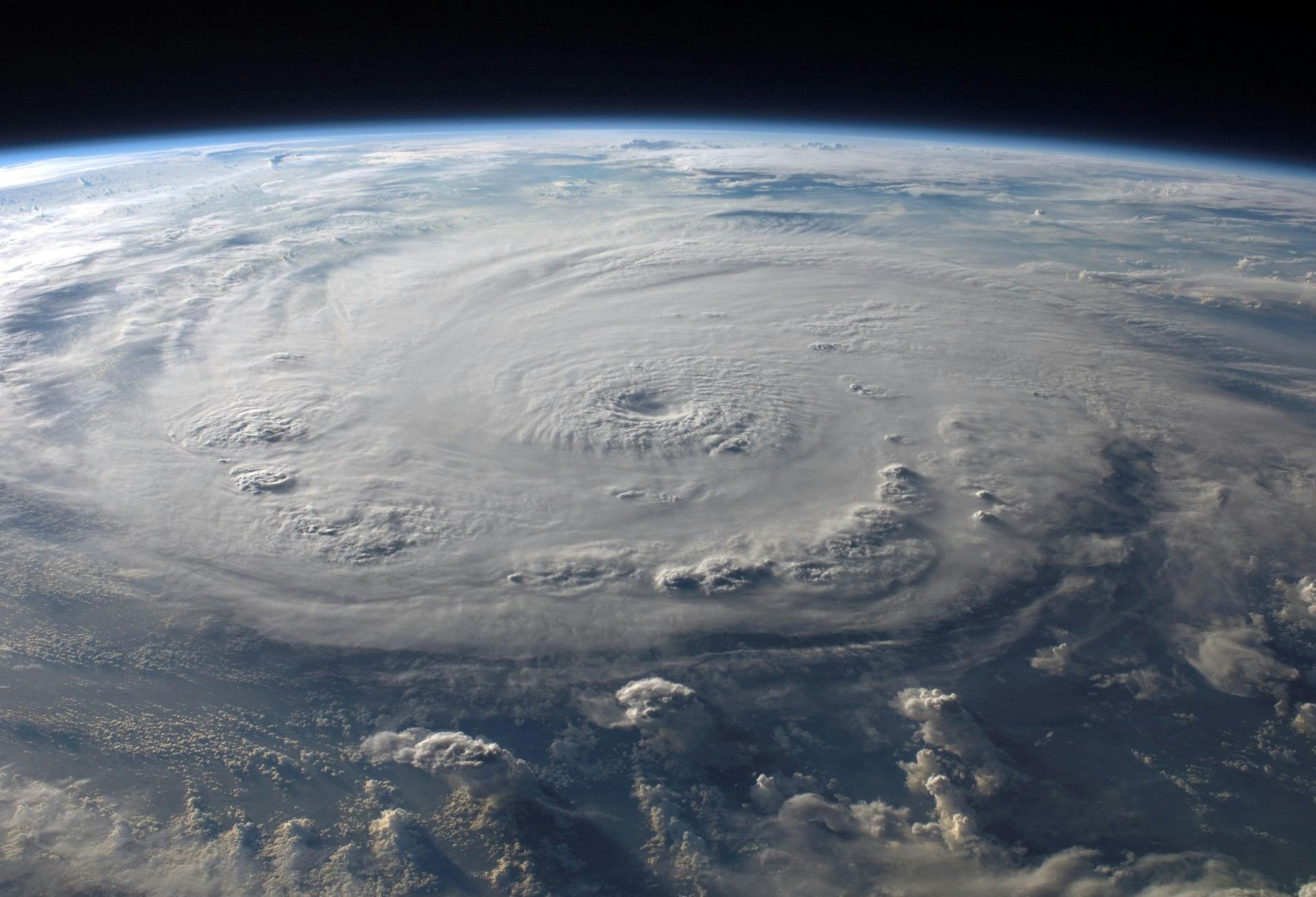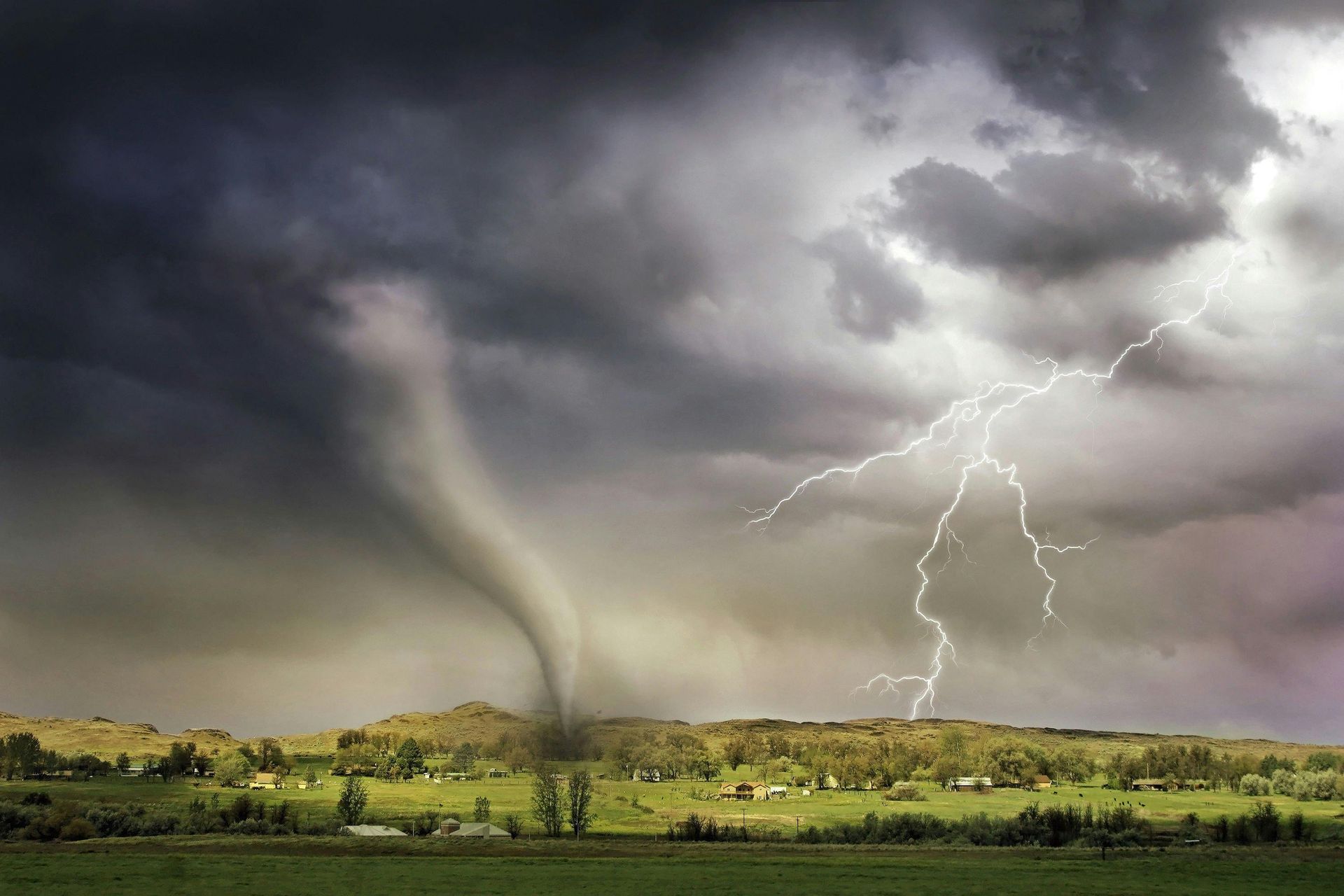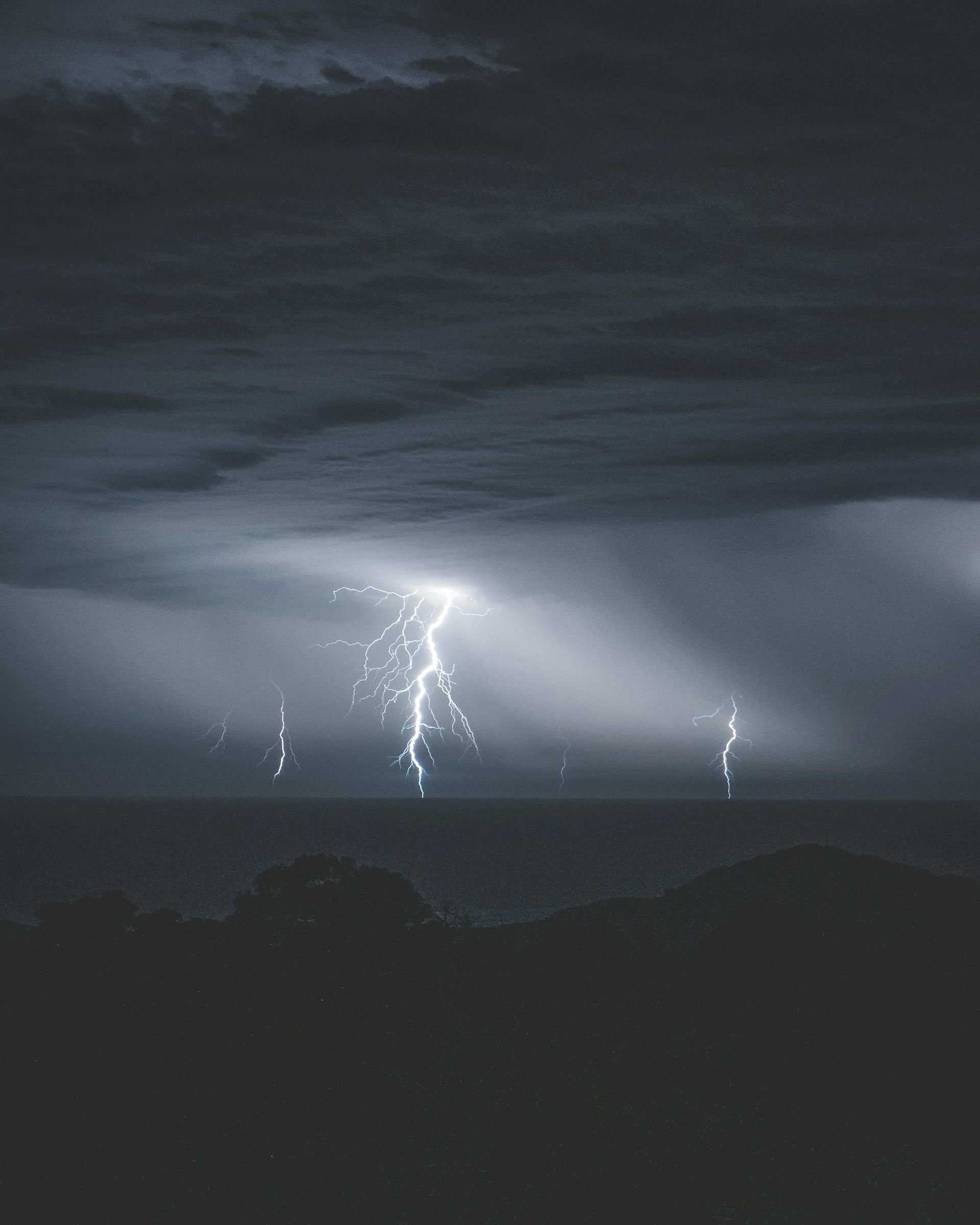Hurricane Preparedness: 10 Steps to Protect Your Family and Home
Hurricane season brings with it the potential for devastating storms that can upend lives and cause widespread destruction. Preparing ahead of time is essential for ensuring the safety of your family and the resilience of your home. Whether you're a seasoned hurricane survivor or new to storm-prone regions, following these 10 steps can help you stay ready for whatever the season brings.
1. Create an Emergency Plan
A solid emergency plan is the foundation of hurricane preparedness. Make sure every member of your household knows what to do before, during, and after a storm.
Key Elements of Your Plan:
- Evacuation Routes: Identify primary and alternate routes to leave your area safely if evacuation is necessary.
- Communication Strategy: Choose a point of contact outside the affected area and ensure everyone has their contact information.
- Meeting Spots: Designate a safe place where family members can meet if separated.
- Special Needs: Account for elderly family members, infants, and pets in your plan.
Pro Tip: Practice your plan with the whole family to ensure everyone understands their role.
2. Build an Emergency Kit
An emergency kit should provide your family with the essentials needed to survive for at least 72 hours if disaster strikes.
What to Include:
- Non-perishable food and bottled water (1 gallon per person per day)
- Flashlights and extra batteries
- First-aid kit and medications
- Portable phone chargers and backup power banks
- Personal hygiene items
- Important documents in a waterproof container
- Cash in small bills
Don’t forget to pack comfort items for children, like toys or books, to keep them calm during an emergency.
3. Secure Your Home
Protecting your home from hurricane-force winds and flying debris can save you thousands in repairs and make your property more resilient.
How to Secure Your Home:
- Install Storm Shutters: Cover windows with storm shutters or pre-cut plywood to prevent breakage.
- Secure Doors: Reinforce garage doors and exterior doors with braces or additional locks.
- Anchor Loose Items: Secure outdoor furniture, grills, and other items that could become projectiles.
- Trim Trees: Cut back overhanging branches to reduce the risk of damage from falling limbs.
Pro Tip: Check your roof for loose shingles or tiles and make necessary repairs before the storm.
4. Understand Your Insurance Coverage
Ensure your homeowners or renters insurance policy covers hurricane-related damage, including wind and flooding.
Steps to Take:
- Review your policy for exclusions or limitations.
- Consider adding flood insurance if you live in a flood-prone area.
- Document the condition of your home with photos or videos before the storm for easier claims processing.
Reminder: Most flood insurance policies take 30 days to go into effect, so act early.
5. Stay Informed with Reliable Updates
Hurricanes can change course and intensity rapidly. Staying informed ensures you can adjust your plans as necessary.
Trusted Sources for Updates:
- National Hurricane Center (NHC)
- Local news and weather stations
- Emergency alert systems like FEMA or local government notifications
Pro Tip: Invest in a battery-powered or hand-crank NOAA weather radio to receive updates during power outages.
6. Prepare for Power Outages
Power outages are common during hurricanes, and they can last for days or even weeks in severe cases.
Tips to Stay Powered:
- Charge all devices and backup batteries before the storm.
- Store enough fuel to run generators, but use them outdoors to avoid carbon monoxide poisoning.
- Freeze water bottles to keep perishables cold longer if the power goes out.
Pro Tip: Consider installing a whole-house generator for long-term power needs.
7. Protect Against Flooding
Flooding is one of the most dangerous and costly impacts of hurricanes. Taking steps to mitigate water intrusion can save you from major repairs.
How to Reduce Flood Risk:
- Elevate appliances like water heaters and electrical panels.
- Install sump pumps in basements or low-lying areas.
- Seal foundation cracks and gaps around doors or windows.
- Use sandbags to redirect water away from your home.
Reminder: Never drive through floodwaters. “Turn Around, Don’t Drown” is a life-saving rule to follow.
8. Prepare Your Vehicle
Your vehicle is a critical part of your evacuation plan. Ensure it’s ready for use before the storm arrives.
Vehicle Preparation Checklist:
- Fill the gas tank well in advance of the storm.
- Check tire pressure and oil levels.
- Pack an emergency kit with blankets, snacks, and a flashlight.
- Store important documents like your driver’s license, registration, and insurance in a waterproof folder.
Pro Tip: Know your local evacuation routes and keep a printed map in case GPS systems fail.
9. Protect Important Documents
Losing vital records during a hurricane can create additional stress during recovery.
What to Protect:
- Birth certificates, passports, and Social Security cards
- Insurance policies and mortgage documents
- Medical records and prescriptions
Storage Tips:
- Use a waterproof and fireproof safe for originals.
- Scan and save digital copies of important documents on a secure cloud service or USB drive.
Reminder: Keep documents accessible in case you need to grab them quickly during an evacuation.
10. Create a Post-Storm Recovery Plan
Recovery is often the longest and most challenging phase of a hurricane. Having a post-storm plan can help you regain normalcy more quickly.
Key Steps After a Storm:
- Assess damage to your home and property.
- Contact your insurance company to begin the claims process.
- Document all damage with photos and notes.
- Hire professionals for inspections, especially for hidden structural or water damage.
Pro Tip: Reach out to Disaster South for expert restoration services to get your home and life back on track.
The Role of Community in Hurricane Preparedness
Preparing for hurricanes isn’t just about individual safety—it’s also about fostering resilience within your community. Share your knowledge, help neighbors secure their homes, and offer assistance to those who may need extra help, such as elderly residents or families with young children.
Conclusion
Hurricanes are powerful and unpredictable, but with proper preparation, you can protect your family and home from their worst impacts. By creating an emergency plan, securing your home, staying informed, and acting promptly, you can weather the storm with greater confidence.
At Disaster South, we’re committed to helping you prepare, recover, and rebuild. From proactive inspections to comprehensive restoration services, we’re here to support you every step of the way.
Ready to prepare your home for hurricane season? Contact Disaster South today at 877-84-STORM for expert guidance and support.

